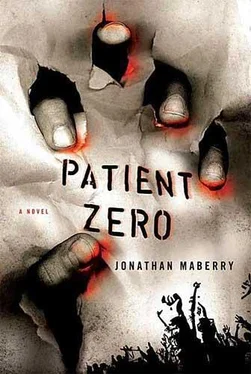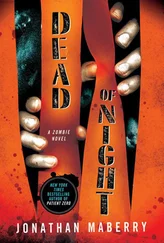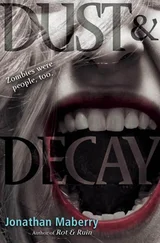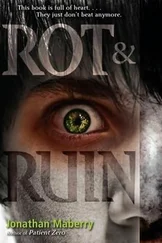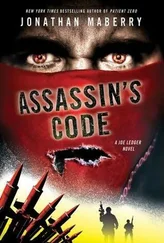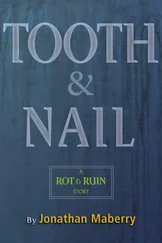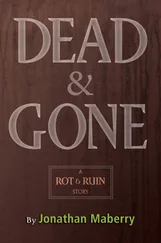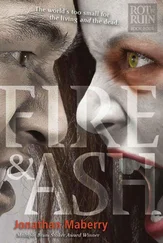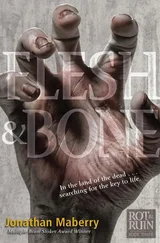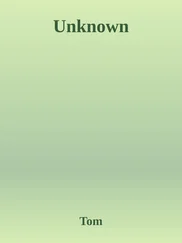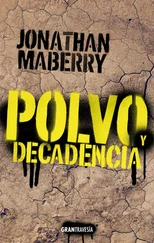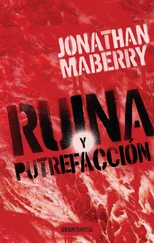Rudy sat on the edge of the podium, jacket off, sleeves rolled up, the ends of his tie hanging limply from either side of his throat. He looked up at me and started to offer his hand, but both of our hands were stained with blood. He withdrew his hand and sighed.
“ Dios mio, cowboy.”
“Yeah.”
“Bunny told me that it was Skip after all. Not Ollie. We were wrong.”
“Everyone was. Even Church thought that it might be Ollie. Ollie looked best for it. These bastards probably picked Skip as much for his innocent face as for his greedy black heart. They fooled us and it almost cost everyone here their lives.”
I sat down next to him and for a long time neither of us said a word. His gaze was fixed on a point across the room and I followed his line of sight to where a man in a Hawaiian shirt lay sprawled. Someone had rammed the broken end of a wooden flagpole through his eye socket.
“I didn’t know it could be like this,” Rudy said at length. “I mean, I’ve counseled hundreds of cops, but…” He shook his head.
I understood and I could hear the deep hurt in his voice. But what could I say? We’d all had to do our parts; and I knew there would be long summer nights to come where we’d sit out in his backyard and watch the stars wheel overhead and drink beer as we talked it through. But that time wasn’t now and we both knew it. Across the room some of the Secret Service agents were standing like ghosts, their faces pale, their eyes haunted, as they tried not to look at the bodies lying under sheets.
“It must have been terrible for them,” Rudy said.
“For you, too, man.”
He shook his head. “I mostly watched. I… I’m not sure I could have done what they did. They had to shoot congressmen, civilians…”
“You blame them for gunning down these people?”
“God, no. They’re heroes. Every one of them.”
I nodded. “They don’t think so.”
“No,” he agreed.
“They’re marked,” I said. “This is what you were talking about. The look on their faces, in their eyes. It’ll never go away. Violence always leaves a mark. You taught me that.”
He sighed. “We ask so much of the people who protect us. Firemen, cops, soldiers… They sign up to do some good, to make a difference, but we sometimes ask too much.”
“They’re warriors,” I said softly. “Some of them will be stronger because of today. For some people battle is a clarifying experience. It forces all of the senses to come awake, it makes you become totally aware, totally alive.”
“And some of them will be broken because of today,” he said quietly. “Not everyone has a warrior soul. You taught me that, Joe. Some people have only so much courage, only so much tolerance for violence, even when it’s for the right cause. For some of these people this may be a breaking point. Today might kill some of those young folks. Not right away, maybe not for twenty years, but a few of them may never shake the memory of what they had to do today, what they were forced to do. They’ll know all the logic about how it had to happen, how they had no choice; and for a while that will keep them steady… but some of them will never survive this. Not ultimately.”
I wanted to argue with him, but I knew that he was right. Being a hero doesn’t mean that a person can become comfortable with being a killer, too.
“They’re going to need you, Rudy.”
“I can’t help them all.”
“They couldn’t save all the people here,” I said. Rudy closed his eyes for a moment, then he stood up and looked down at me.
“And what about you, cowboy? Have you reached your limit?”
When I didn’t answer, he sighed and nodded. He patted my shoulder then turned and walked over to the group of agents. I watched him go, saw the process of change that happens when he goes from being my friend Rudy to Dr. Sanchez. He always seems bigger, taller. A rock for those who need something to cling to. But I knew the truth: he, too, was marked, and like the rest of us he would carry this with him forever.
So… what about me? I wondered. I could already feel the shock ebbing within me. As the adrenaline washed its way out of my bloodstream my deep grief and horror was dipping lower and lower. In the reeds there in the back of my mind the Warrior was already beginning to sharpen his knife again. I knew it, I could feel it.
I looked at the agents, and all of them looked so young and so hurt. Only one looked back at me and held my gaze. He was in his late twenties, not all that much younger than me, but his eyes were older than his face. His expression reflected less shock than the others. He read my face and I read his, and we exchanged a brief nod that none of the others saw, or if they did then they didn’t understand it. They weren’t of the same species as we were. The young agent turned back and listened to Rudy, but I was sure that he was already working through the experience in his own head. The way I was. The way warriors do. He and I did not need to be marked by our experiences. We were born with that mark.
1.
IN ALL NINETY-ONE people died at the Liberty Bell Center. Fourteen members of Congress were among them. Terrorists were blamed, of course, but in the official version of the story there was no apocalyptic plague. It was a “nerve gas” that caused violent behavior. The news footage that had gone out live was a public relations nightmare, but although there were eyewitness accounts of Secret Service agents gunning down unarmed civilians, the President was able to trot out a couple dozen top-flight scientists who babbled on and on about the psychotic effects of the nerve gas. No one who had been in the fight at the center was held responsible for their actions. Blame was focused instead on El Mujahid and his terrorist network, and that worked well as a way of channeling the massive national outrage. In death he became an even more hated figure than Osama bin Laden. The credit for bagging him was given to the Secret Service. Medals were eventually handed out, though the DMS was kept out of it. A national day of mourning was scheduled for the last day of July.
No attempt was made to create a new version of the Freedom Bell. When DMS agents investigated Andrea Lester’s apartment they found correspondence and other evidence linking her to Ahmed Mahoud, a terrorist operative whose body was recovered at the Liberty Bell Center; he’d been one of the infected and Rudy had taken him down with the broken shaft of a pole for the American flag. If that had gotten into the press it would have become an iconic moment, but it was never mentioned.
Mahoud was later identified as the brother-in-law of El Mujahid, and the investigation clearly established that Lester and Mahoud were lovers. She had secretly converted to Islam more than three years ago, long before she was hired to cast the Freedom Bell, and Church speculated that it might have been her connection with the rededication project that inspired the whole terrorist plan. It seemed likely, but we’d probably never know for sure.
Director Brierly initiated a hunt to find Robert Howell Lee. They found him in his bedroom at home. He’d driven home after speaking to me on the phone at the Liberty Bell Center, taken his wife’s bottle of sleeping pills from the medicine cabinet, written a suicide note that asked for forgiveness, and swallowed the whole bottle. Brierly’s people got there with maybe ten minutes to spare. The EMTs pumped him out and Mr. Church flexed his muscles and made sure that the ambulance was redirected to a secure location. Church was on the first thing smoking, and by the time Lee had shaken off the effects of the sleeping pills he woke up to find Mr. Church sitting by the side of his bed. It would have been better if the pills had worked faster. He later admitted to having known about El Mujahid’s more deadly strain of the plague but it was clear he had done nothing to warn the authorities. He said he’d ordered Skip Tyler to prevent El Mujahid from escaping, but even that didn’t square with the facts. Lee was a traitor, a coward, and a goddamn fool.
Читать дальше
